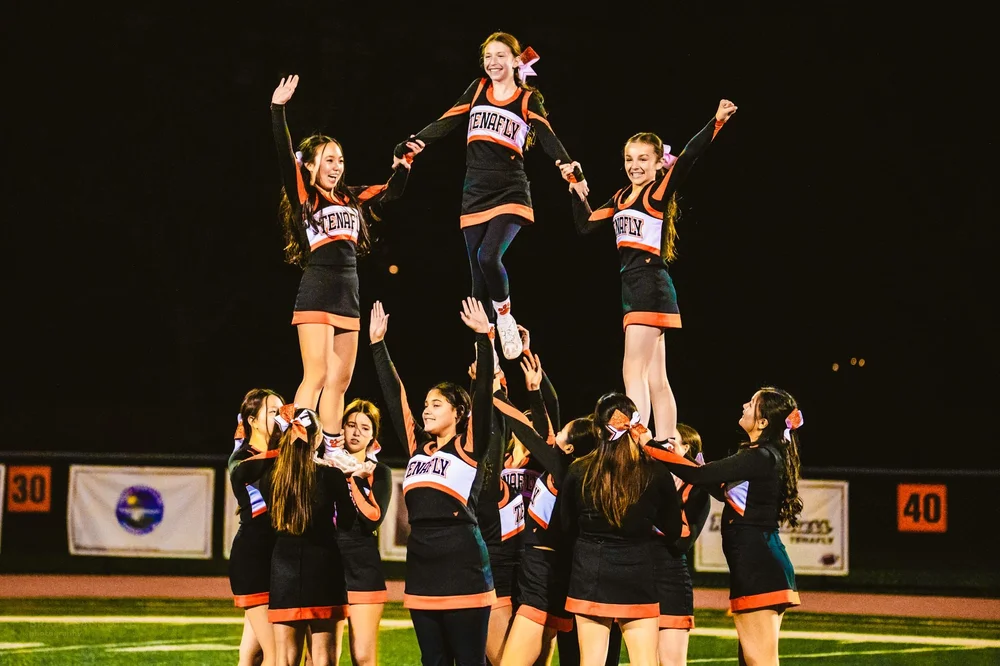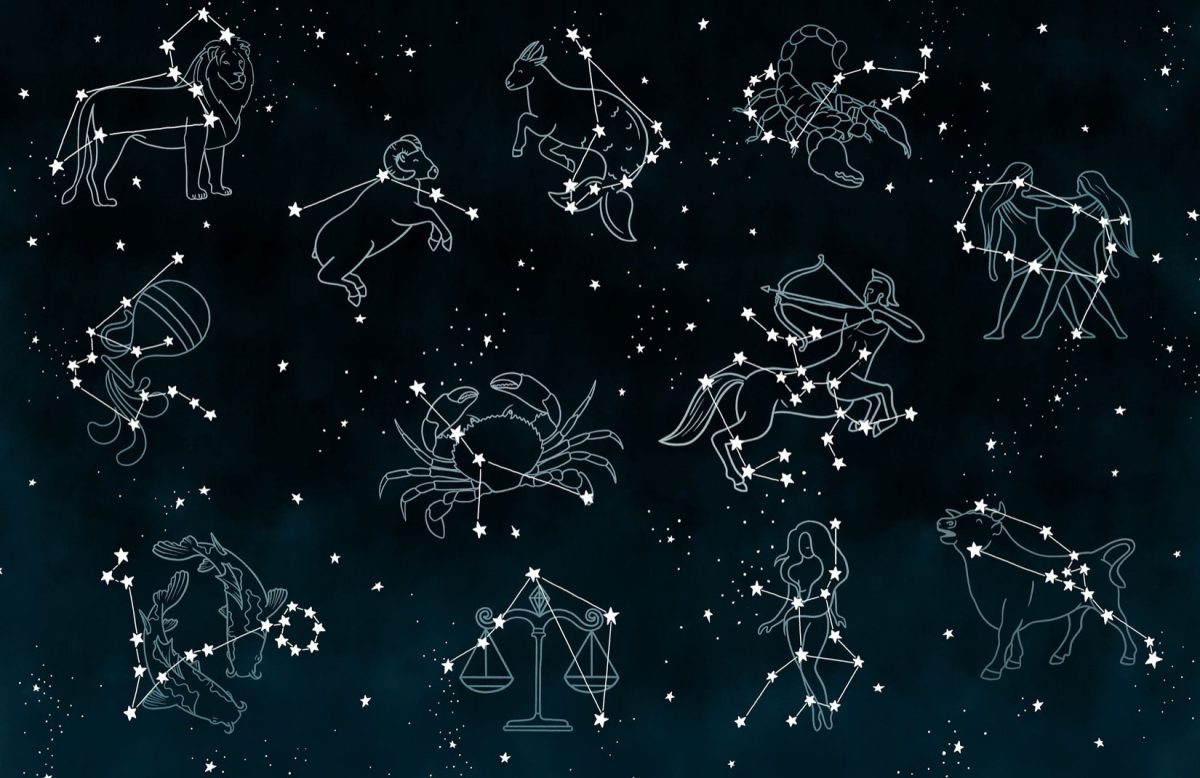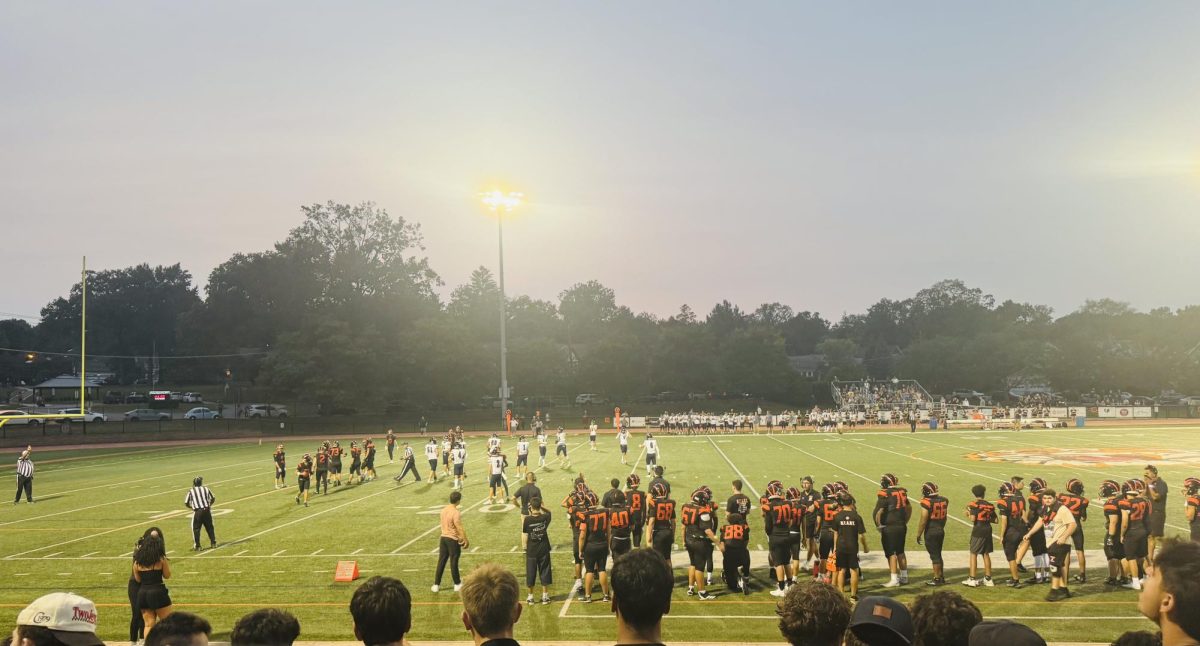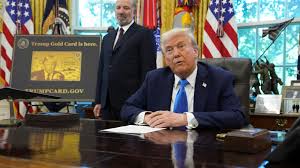Have you ever felt overwhelmed by a sense of incompetence, unable to navigate the challenges life throws your way? It’s a sentiment shared by many, often unspoken but deeply felt. In these moments, the philosophy of optimistic nihilism emerges as a unique perspective. According to Ivaylo Durmonsky, optimistic nihilism is “the realization that the lack of meaning in the world and the universe as a whole can be liberating. Precisely because there is no inherited meaning in life, there is no cosmic plan forcing you to act a certain way. We are the ones who can create our path.”
Optimistic nihilism has become more popular among those who feel like a failure in society. With the feeling of optimistic nihilism, they can avoid depression and low self-esteem. When considering the vast universe, our lives as individuals seem inconsequential; the cosmos is immense, and people won’t be fixated on the minutiae of our existence, lessening the pressure we may feel.
Despite its reputation as a depressive and skeptical philosophy, optimistic nihilism offers unexpected benefits. Acknowledging the lack of intrinsic meaning in life liberates us from the burden of searching for a universal purpose. This perspective fosters a reevaluation of traditional notions of right and wrong, fostering a more thoughtful and ethical approach to our choices.
Optimistic nihilism acts as a double-edged sword for students. On one hand, it liberates them from societal pressures and fosters freedom, encouraging exploration and stress reduction. Students feel empowered to pursue their perceived right path and take risks, leading to decreased anxiety and depression. However, this philosophical stance has its downsides. The belief that life lacks inherent meaning can impact students’ motivation, leaving them without a clear life goal and questioning the significance of their efforts.
The societal goals that once fueled their hard work may lose their importance, potentially leading to a struggle to maintain a sense of purpose and maximum effort in their everyday lives. It’s a nuanced interplay between newfound freedom and the potential pitfalls of existential uncertainty.
Despite the double-edged nature of this sword, many still believe in optimistic nihilism and strive to live by it. We refer to these individuals as nihilists. According to Ivaylo Durmonski, they live their lives in four distinctive ways.
The first common way is to live delusionally. Believing the world to be devoid of inherent meaning, some nihilists try to suppress that thought, deluding themselves into thinking that the world they live in is at the center of the universe and that all the definitions formed in the human universe are correct. It’s a misconception and an illusion, a form of “escapism.”
The second way is to live within a herd, where one passively follows the opinions and decisions of others without questioning. This aligns with the principles of optimistic nihilism. In this realm, the acknowledgment of life’s inherent lack of meaning allows individuals to detach from societal expectations and prescribed norms. Understanding that existence itself holds no intrinsic purpose, the notion of living within a herd becomes a means of liberating oneself from the burdens of conformity and responsibility.
Falling into a sense of despair is another possibility. All the dreams, aspirations, or values you have diligently cultivated or committed to pursuing may seem to lose their significance, leaving you adrift in a lifetime filled with questioning and existential uncertainty. It is the potential erosion of purpose, where everything you once deemed meaningful now appears to dissolve into a void of perpetual doubt and insignificance.
However, it is not necessary to live only through these depressive and void perspectives. If the world is essentially a blank canvas devoid of inherent meaning, wouldn’t it be possible to make even the smallest mark, to exert effort in creating something meaningful for yourself? Defining your values and imparting meaning to existence in your way is not a misguided notion. It is a valid and empowering approach to living.













































































































































